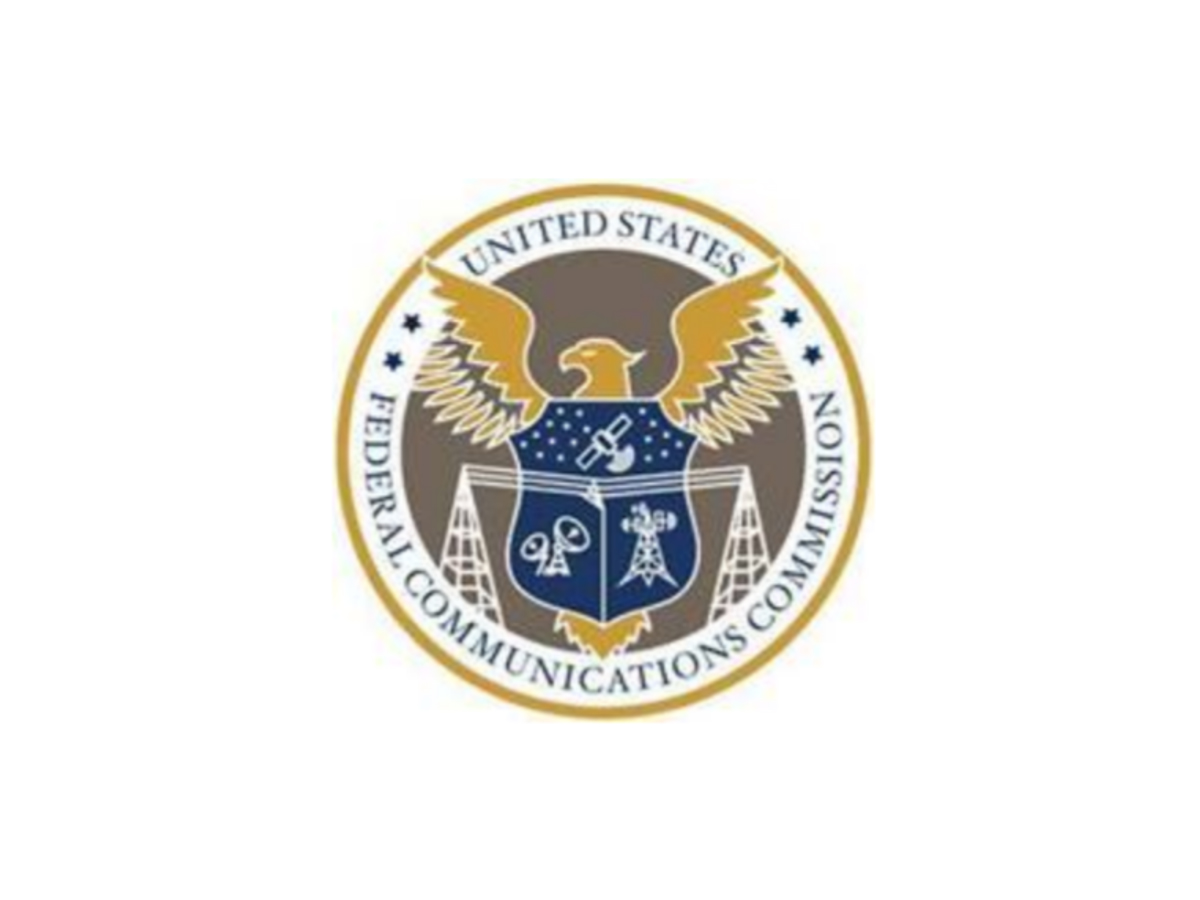Diversity Groups Unite Against Trump View of Sec. 230 Reform
Said it would perpetuate online discrimination and hate

The smarter way to stay on top of the streaming and OTT industry. Sign up below.
You are now subscribed
Your newsletter sign-up was successful
A half dozen diversity groups are of one mind when it comes to whether the FCC should accede to the Trump Administration's desire to regulate social media content to prevent what the President has called censorship of conservative speech: No.
In a joint filing Wednesday (Sept. 2) to the FCC, the groups (see below) said that it is not against finding a way to weed out racial and gender discrimination voter suppression and other internet inequities, which they suggest should be Congress' job, but that Sec. 230 should not be "unilaterally reinterpreted to suit the President's internet agenda.
The President wants to involve the FCC, Justice Department, Federal Trade Commission and states in that regulatory effort.
Related: Limited Government Group Slams Trump Social Media Reg Effort
Sec. 230 of the Communications Act provides immunity for Web sites from liability over how they treat most third-party content. It was originally party of the Communications Decency Act, though all but that provision was struck down by the courts, and was meant to allow Web sites to censor “obscene, lewd, lascivious, filthy, excessively violent, harassing, or otherwise objectionable" content.
Related: Vimeo Asks FCC to Ignore NTIA Petition
As mandated by the President in a May executive order on regulating social media, the National Telecommunications & Information Administration (NTIA petitioned the FCC to open a rulemaking to "clarify" provisions of the section so that web sites would be accountable for how they moderate political speech.The FCC for the first time would have a defined role in regulating edge providers. The FCC would be empowered to require Facebook and Google to publicly explain how they moderate their content, as well as the warnings they place on user posts like the ones Twitter placed on the president’s tweets, which would be considered content generated by the platform and not subject to the Section 230 immunity from civil liability over third-party content, an immunity the president is targeting.
The smarter way to stay on top of the streaming and OTT industry. Sign up below.
But the groups say the threat of the President's proposed actions go further: "The relief sought in the NTIA petition would incentivize online racial and gender discrimination and hate speech online.
The diversity groups join with many others in arguing the FCC lacks the jurisdiction to reform Sec. 230, but that even if it did have that authority, it should not wield in service of the President because that would "(1 ) de-incentivize equitable and viewpoint-neutral content moderation by online platforms, (2) threaten small companies by creating a hostile regulatory environment, and (3) oppress marginalized peoples and activists by perpetuating discriminatory content moderation and hate speech.
Related: Trump Officially Seeks Help to Regulate Edge
As to what should happen to Sec. 230, they report changes "made in good faith, in accordance with established law, 5 by lawful authority, and in a way that recompenses past, present, and future victims of online racial and gender discrimination and hate speech."
The bottom line: "[T]he NTIA Petition lacks the precision required to amend or reinterpret Section 230 in a way that facilitates content moderation while protecting internet users from discrimination and hate speech," they said, so the NTIA petition should be rejected.
Filing the comments were the Multicultural Media, Telecom and Internet Council (MMTC), the Hispanic Federation, the League of United Latin American Citizens (LULAC), the National Coalition on Black Civic Participation (The National Coalition), the National Council of Negro Women (NCNW), and the National Urban League (NUL).
Contributing editor John Eggerton has been an editor and/or writer on media regulation, legislation and policy for over four decades, including covering the FCC, FTC, Congress, the major media trade associations, and the federal courts. In addition to Multichannel News and Broadcasting + Cable, his work has appeared in Radio World, TV Technology, TV Fax, This Week in Consumer Electronics, Variety and the Encyclopedia Britannica.

